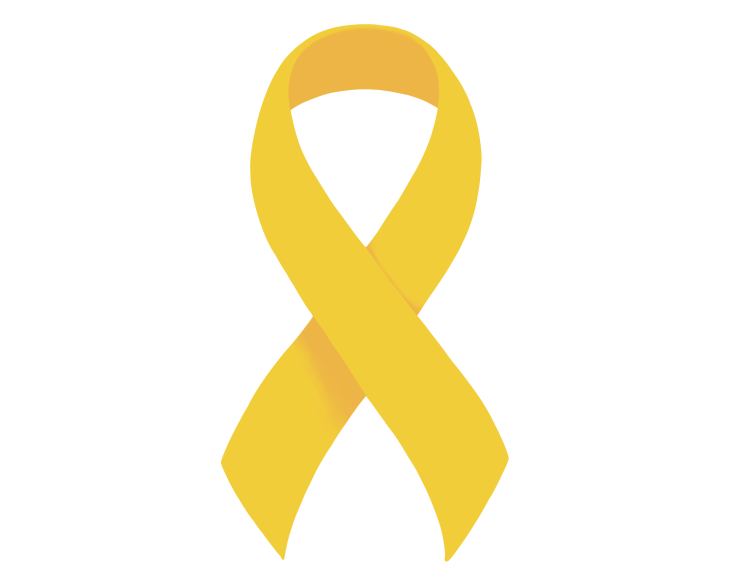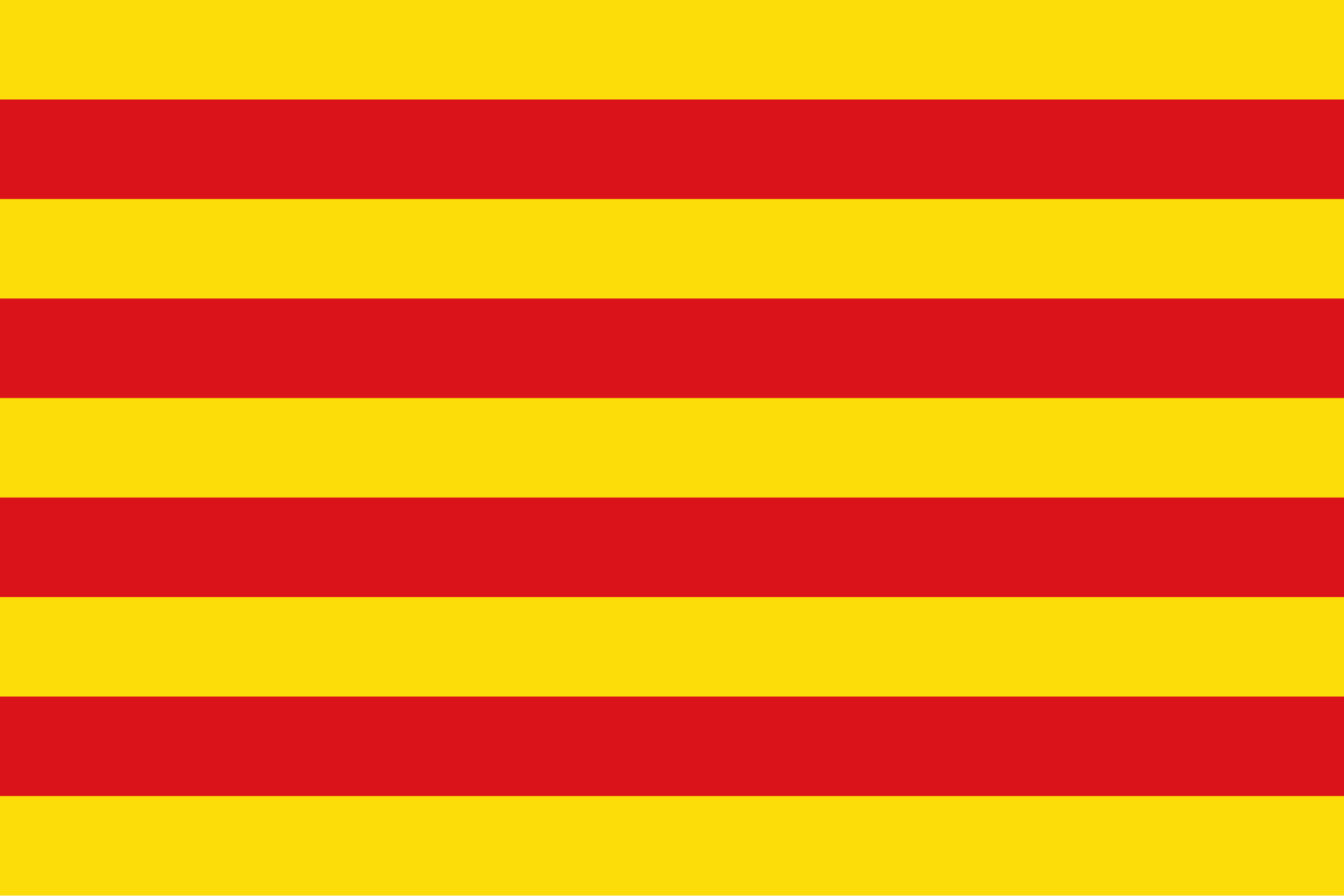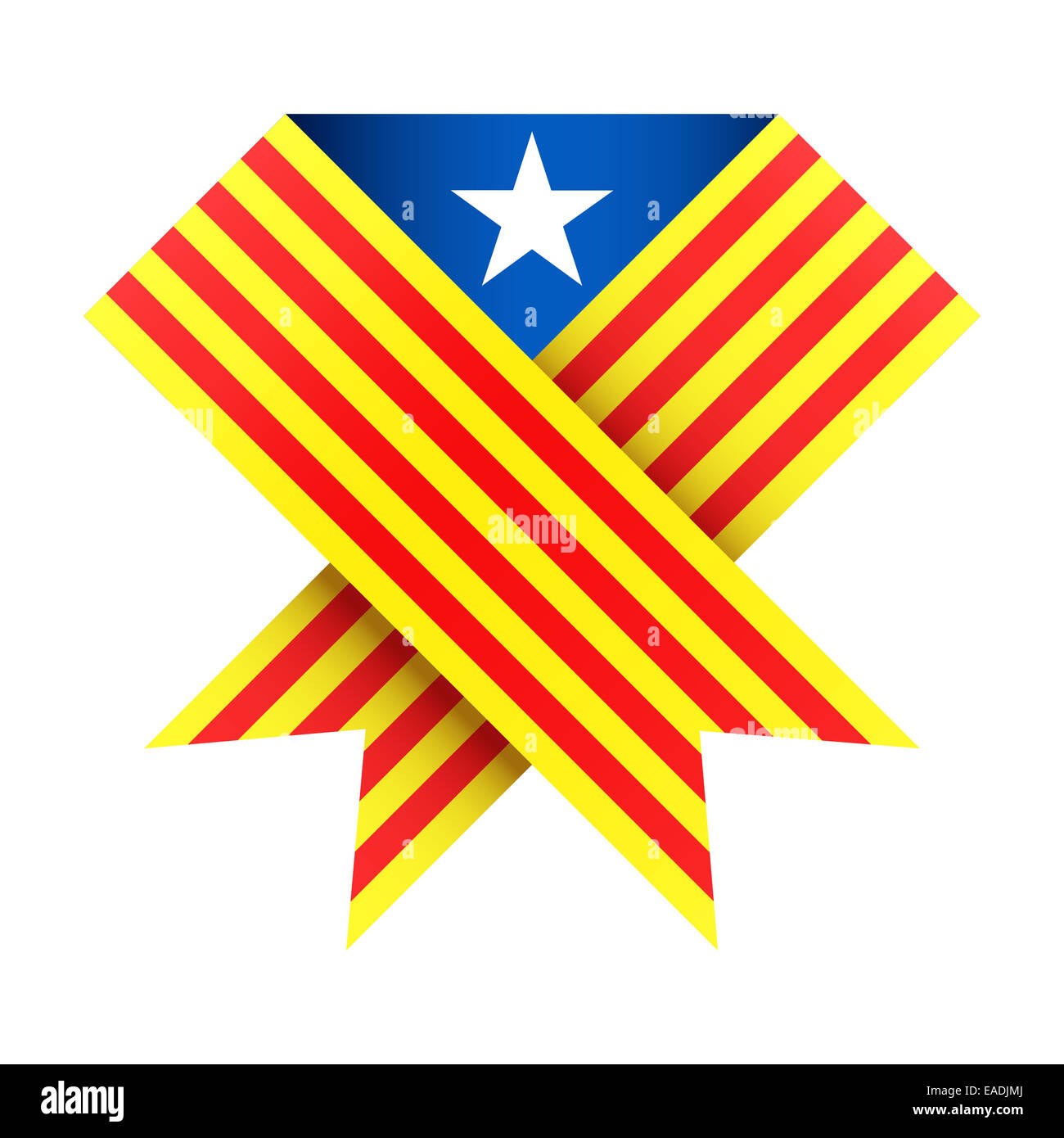Spain is a divided country: that
is a fact. The only point of discussion
is how you think it is divided, and by whom.
This division was brought home to
me by the reaction of a lady I spoke to this morning when going for an early
morning swim before my first Catalan lesson of the week. She remarked my yellow ribbon badge and we
had a whispered conversation about those of the country who are opposed to the
attitude that the ribbon represents, and who, to use her words, have the brains
of mosquitoes.
The yellow ribbon badge is a
signal to observers that I support the political prisoners that we have in
Spain. The leaders of two organisations
that were involved in the referendum about Catalan independence have now been
in prison awaiting trial since October 2017.
The charges that the Spanish
government has brought against some Catalans, via their politically appointed
judges, have signally failed to convince any other European government to
extradite Catalans who have been charged with “rebellion, sedition and misuse
of public funds”.
The continuing humiliation of the
Spanish government in the eyes of other Europeans and the hugely negative
impression that has been left in the collective mind since the police violence
that attempted to suppress the referendum combine to force those supporters of
the Spanish state into ever more ludicrous justifications to bolster up their
positions.
For me, there has clearly been
mismanagement (at the very least) and judicial corruption (at the very worst)
and there seems little chance of a satisfactory solution to a problem that
polarises and divides.
The last (disastrous) PP
government of Spain took a pugnacious and absolutist attitude towards Catalonia
and refused negotiation and manufactured ugly confrontation. The new “socialist” government of PSOE is
little different, while it has said that it will talk to the Catalan
government, it has made it clear that the unity of Spain is of absolute, paramount
importance.
They have also authorised the
expenditure of something like half a million euros of public money to finance
the legal defence of Llarena (the appalling Supreme Court judge heavily
involved in the (il)legal opposition to independence) even though the case
being brought against him by our President in Belgium is a Civil issue. And the Spanish government has delighted in
accusing the Catalans of the misuse of public funds!
We are coming up to the
anniversary of the referendum and, as you would expect, demonstrations have
been planned. Each demonstration hardens
attitudes on both sides and makes a negotiated settlement even more difficult.
I have even had the, “Why are you
learning Catalan?” question thrown at me, as I start the new academic year in
my Beginners Catalan class. With the
supplied accusation that, “Catalonia is part of Spain, and Spanish is the
language of Spain, not Catalan!”
To which you might reply that
Catalan is the language of Catalonia and is an officially recognised national
language in Spain itself – though try speaking it in the Senate or Congress and
you will get short shrift!
I think that one of the problems
about the language in Castelldefels is that the linguistic make-up of this particular
part of Catalonia is one where Spanish is the dominant language. There are many people in the city who are not
native Catalans so it is natural to hear Spanish as the language of general use. Get away from the coastal strip of Catalonia
and you hear Catalan much more. All
Catalan speakers also speak Spanish and it is fairly common to hear
conversations where one person will speak Catalan while the response will be in
Spanish: there being a clear difference between understanding and speaking.
It is inevitable that there is a
political dimension to the language.
Statistics vary, but 70%-80% of the Catalan population speak Catalan and
more than 90% understand it – figures that Welsh can only fantasise about!
These are not proportions that can be
dismissed and they have to be taken seriously.
Quite how you define “seriously” is, I suppose, part of the problem.
I have not been in Catalonia for
very long. Years, yes, but not very long
in the history of Catalonia and the generations of resentment about the way
that they have been treated by the
powers in Madrid! But in the
(relatively) short time that I have been here I have seen a marked difference
in the attitudes of people to the concept of independence.
For reasons that I do not
entirely remember: firstly, I went to a football game of Catalonia versus China
in Camp Nou, and secondly, I went alone!
I remember looking around at the Catalan supporters and seeing Catalan
flags waved vigorously. These were the
‘ordinary’ Catalan flags of a plain ground and four bars.
There were very few Catalan independence
flags, that is, the ordinary Catalan flag with the addition of a star within a
triangle of blue. When the Catalan
national anthem was played, one person near me raised his right arm in a
clenched-fist power-salute until his clearly embarrassed companion told him to
put his hand down!
Now, in any mass gathering of
Catalans, the independentist flag is in the majority
and you hear talk of the
founding of a republic and cutting links with Spain as an ordinary topic of
conversation. How times have
changed! And those inept politicians who
find is so hard to ‘do’ politics are to blame for the present on-going
disaster.
So, my determination to learn
‘some’ Catalan is not only a recognition of one of the cultural values of the
area in which I live, but is also a political statement that sides with the
Catalan desire to be seen to be different from the suspect government from
Madrid.
In some ways I realise that I am
emphasising the political dimension of my attempts to learn Catalan to
counteract my horror at having been introduced to the first verb we have to
learn in Catalan, by making the learning of it some sort of political/cultural
activism!
My only fear is that this blog will be read by my friend Dianne whose first language is Welsh and has, in the past,
threatened all sorts of trials and tribulations if I dare learn Catalan before
I learn the language of the country I profess to come from. With an even deeper irony, it turns out that
there is another Welshman in my Catalan class.
And he does speak Welsh!
We shall see how far I
progress. And we shall also see if the
idea that learning more than one language at a time is somehow easier, with the
brain responding to informational overload with compartmentalized ease.
We shall see!





No comments:
Post a Comment